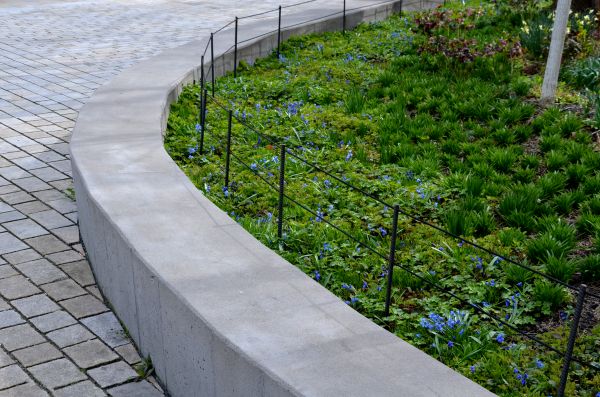
Professional Residential Retaining Wall Installation
Get professional Retaining Wall Installation. Please fill out the simple contact form.
Benefits of Residential Retaining Wall Installation Service
Residential retaining wall installation service offers numerous benefits for homeowners. These walls are not only aesthetically pleasing but also serve practical purposes. Here are some key advantages:
1. Prevents soil erosion: Retaining walls help to hold back soil and prevent erosion. They create a barrier that keeps soil in place, especially on sloped landscapes.
2. Increases usable space: By creating terraced levels, retaining walls can transform a steep or uneven yard into usable space. This allows homeowners to have more areas for gardening, outdoor activities, or even additional seating areas.
3. Enhances property value: Installing a retaining wall can significantly enhance the value of a residential property. These structures are seen as desirable features that add both functionality and visual appeal to a landscape.
4. Provides structural support: Retaining walls provide structural support to the surrounding land. They can help prevent landslides or collapses, particularly in areas with unstable soil or steep slopes.
5. Offers customization options: With a variety of materials and designs available, residential retaining walls can be customized to match the style and preferences of the homeowner. This allows for a seamless integration into the overall landscape design.
Summary of Benefits:
- Prevents soil erosion
- Increases usable space
- Enhances property value
- Provides structural support
- Offers customization options
Frequently Asked Questions about Residential Retaining Wall Installation Service:
Q: How long does it take to install a residential retaining wall?
A: The installation time for a residential retaining wall can vary depending on the size and complexity of the project. It is best to consult with a professional contractor to get an accurate estimate.
Q: What materials are commonly used for residential retaining walls?
A: Common materials used for residential retaining walls include concrete blocks, natural stone, brick, and timber. The choice of material depends on factors such as budget, desired aesthetics, and the specific requirements of the project.
Q: Do I need a permit for installing a residential retaining wall?
A: The need for a permit for residential retaining wall installation can vary depending on local building codes and regulations. It is advisable to check with the local authorities or consult with a professional contractor to determine the permit requirements for your specific location.
Local professionals will contact you about the work you need.



